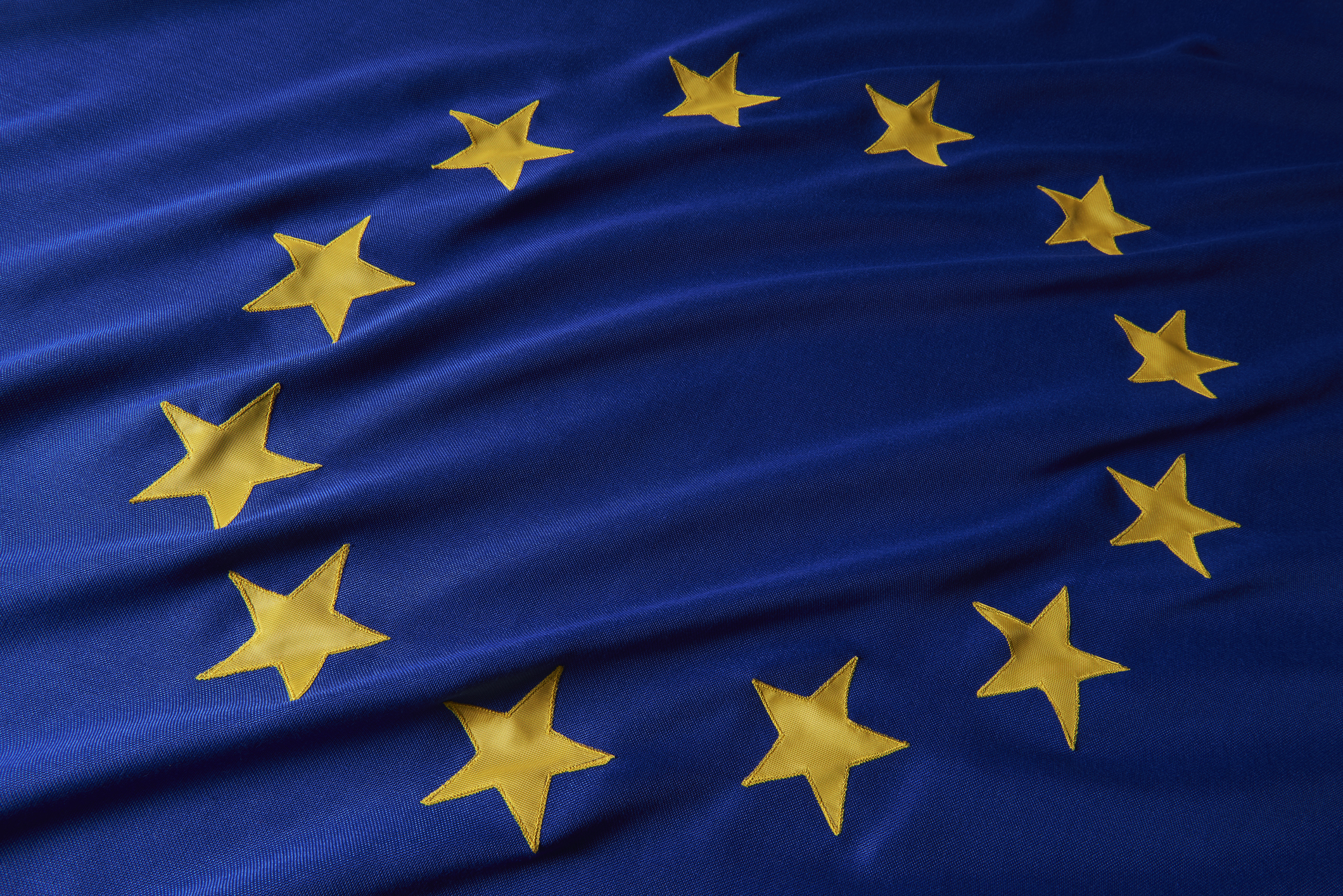EU shelves plans to impose digital tax
European lawmakers will instead wait for wider tax reforms from the G20


The European Union has decided to cancel its proposed plans to impose a digital tax on major multinational tech giants, announcing instead that it will wait for the G20 group to implement wider tax reforms.
The plan was pushed for by countries including France, Britain and Italy, in an effort to try and recoup some of the taxes that lawmakers have accused companies like Facebook and Google of dodging.
The G20, which includes nations such as Russia, Japan and the US as well as the EU, is currently working with the supra-national Organisation for Economic Cooperation and Development to develop a plan which would address the issue of how to fairly tax tech companies that provide global digital services. It is currently considering a number of proposals with a view to implementing a system by 2020, but no strategy has been formally announced.
The EU had previously mooted a 3% tax on the EU revenues of tech companies, but the proposals stalled after opposition from Denmark, Sweden and Ireland. Ireland, in particular, has attracted a large number of tech companies thanks to highly favourable tax rates; Google, Facebook, Microsoft and more all base their European headquarters in Dublin, a practise which has drawn criticism from several quarters. The European Commission ruled last year that Apple had to hand over more than 14 billion to Ireland in back taxes, a decision which both Apple and the Irish government are contesting.
In the absence of any Europe-wide action on the tax plan, the French government is planning to issue its own national equivalent of the digital tax this year, which French tax authorities claim could earn the country 500 million per year. France has a history of locking horns with tech companies over their taxes - the country demanded a total of 1.6 billion in back taxes from Google back in 2016.
The UK has announced plans to impose its own version of the so-called Google tax' too. Chancellor Philip Hammond said in his last budget speech that a 2% UK Digital Services Tax' on the revenues of profitable online firms would come into effect from April next year, arguing that "it is clearly not sustainable or fair that digital platform businesses can generate substantial value in the UK without paying tax here".
The idea has been met with some resistance; Tech London Advocates founder Russ Shaw called the French proposal "misguided", while The Coalition for a Digital Economy warned that it would drive tech investment to other countries, inadvertently harming smaller companies and startups.
Get the ITPro daily newsletter
Sign up today and you will receive a free copy of our Future Focus 2025 report - the leading guidance on AI, cybersecurity and other IT challenges as per 700+ senior executives
While plans for an EU digital tax have been abandoned for now, officials have said that the issue will be revisited should the planned global reforms fall through.
Adam Shepherd has been a technology journalist since 2015, covering everything from cloud storage and security, to smartphones and servers. Over the course of his career, he’s seen the spread of 5G, the growing ubiquity of wireless devices, and the start of the connected revolution. He’s also been to more trade shows and technology conferences than he cares to count.
Adam is an avid follower of the latest hardware innovations, and he is never happier than when tinkering with complex network configurations, or exploring a new Linux distro. He was also previously a co-host on the ITPro Podcast, where he was often found ranting about his love of strange gadgets, his disdain for Windows Mobile, and everything in between.
You can find Adam tweeting about enterprise technology (or more often bad jokes) @AdamShepherUK.
-
 AI is helping bad bots take over the internet
AI is helping bad bots take over the internetNews Automated bot traffic has surpassed human activity for the first time in a decade, according to Imperva
By Bobby Hellard
-
 Two years on from its Series B round, Hack the Box is targeting further growth
Two years on from its Series B round, Hack the Box is targeting further growthNews Hack the Box has grown significantly in the last two years, and it shows no signs of slowing down
By Ross Kelly
-
 ‘Europe could do it, but it's chosen not to do it’: Eric Schmidt thinks EU regulation will stifle AI innovation – but Britain has a huge opportunity
‘Europe could do it, but it's chosen not to do it’: Eric Schmidt thinks EU regulation will stifle AI innovation – but Britain has a huge opportunityNews Former Google CEO Eric Schmidt believes EU AI regulation is hampering innovation in the region and placing enterprises at a disadvantage.
By Ross Kelly
-
 The EU just shelved its AI liability directive
The EU just shelved its AI liability directiveNews The European Commission has scrapped plans to introduce the AI Liability Directive aimed at protecting consumers from harmful AI systems.
By Ross Kelly
-
 A big enforcement deadline for the EU AI Act just passed – here's what you need to know
A big enforcement deadline for the EU AI Act just passed – here's what you need to knowNews The first set of compliance deadlines for the EU AI Act passed on the 2nd of February, and enterprises are urged to ramp up preparations for future deadlines.
By George Fitzmaurice
-
 EU agrees amendments to Cyber Solidarity Act in bid to create ‘cyber shield’ for member states
EU agrees amendments to Cyber Solidarity Act in bid to create ‘cyber shield’ for member statesNews The EU’s Cyber Solidarity Act will provide new mechanisms for authorities to bolster union-wide security practices
By Emma Woollacott
-
 The EU's 'long-arm' regulatory approach could create frosty US environment for European tech firms
The EU's 'long-arm' regulatory approach could create frosty US environment for European tech firmsAnalysis US tech firms are throwing their toys out of the pram over the EU’s Digital Markets Act, but will this come back to bite European companies?
By Solomon Klappholz
-
 EU AI Act risks collapse if consensus not reached, experts warn
EU AI Act risks collapse if consensus not reached, experts warnAnalysis Industry stakeholders have warned the EU AI Act could stifle innovation ahead of a crunch decision
By Ross Kelly
-
 Three quarters of UK firms unprepared for NIS2 regulations, study finds
Three quarters of UK firms unprepared for NIS2 regulations, study findsNews Senior management can be held personally liable for non-compliance under NIS2 rules
By Ross Kelly
-
 US-UK data bridge: Everything you need to know
US-UK data bridge: Everything you need to knowNews The US-UK data bridge will ease the complexity of transatlantic data transfers
By Ross Kelly